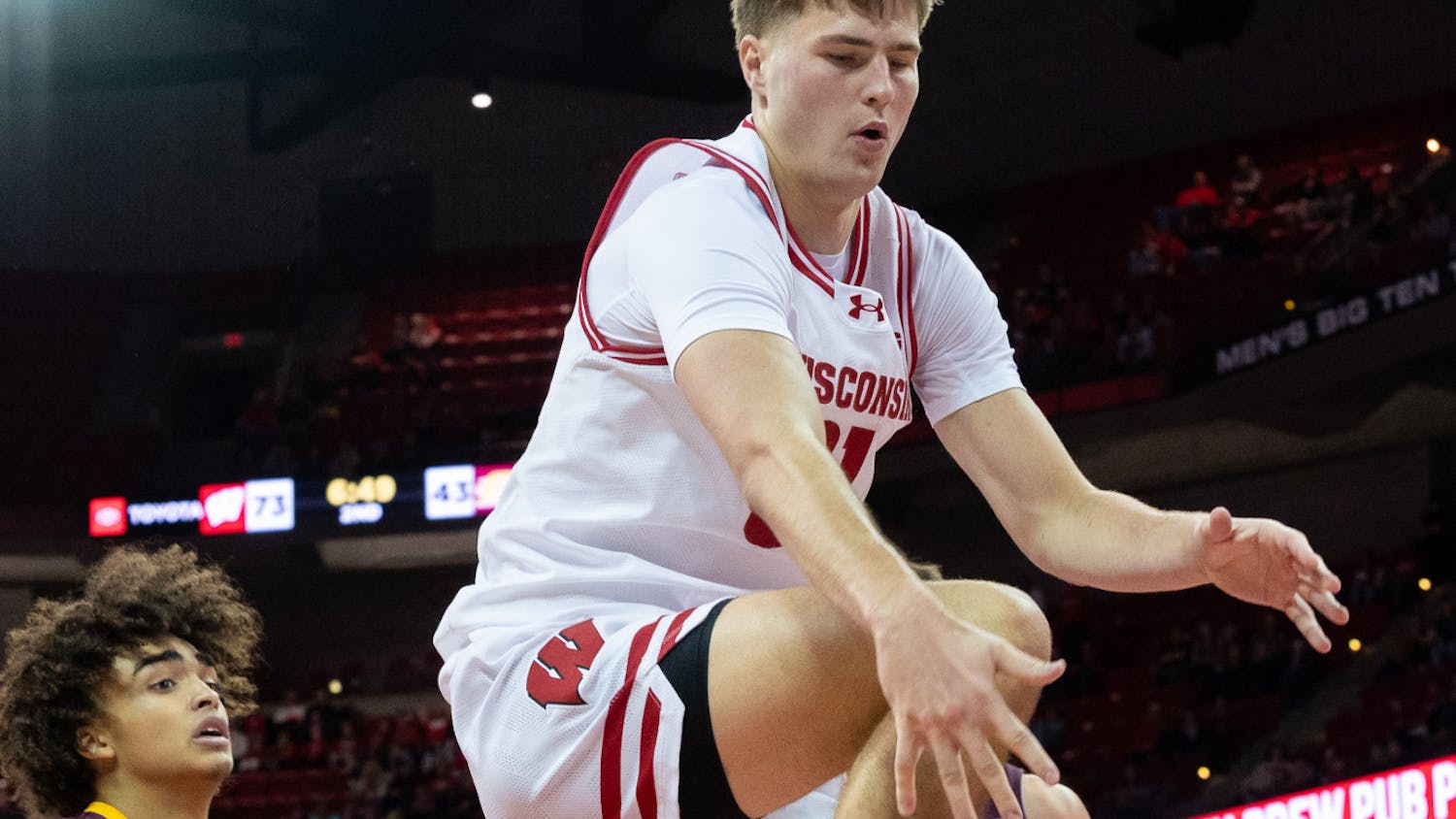Disability rights advocates shared their experiences navigating the sexual violence survivor system and strategies for cultivating inclusive, safe communities during a virtual panel Thursday.
During the event hosted by People First Wisconsin and the Wisconsin Board for People with Developmental Disabilities (BPDD), panel members explained that people with disabilities are more vulnerable to sexual assault than able-bodied populations.
Individuals with developmental disabilities are four to 10 times more likely to be victims of abuse, according to a November 2021 report by the Bureau of Justice Statistics. The report also found individuals with cognitive disabilities experience the highest rate of violent crime victimization of all disability groups.
Panelists Mary Till, Sandra Lomeli, Christie Carter, Cindy Bentley and Pam Malin tackled this issue in the community conversation.
Lomeli, a Wisconsin parent of a child with an intellectual disability, detailed her experience seeking help from the state.
"Domestic violence shelters are not equipped to deal with individuals with intellectual [disabilities], so they don't," Lomeli said. She recounted being "passed around from county to county" when health professionals couldn't provide the support needed for her daughter.
When Lomeli did find psychiatrists, most had a waitlist of over 18 months.
Systemic failures like the situation Lomeli encountered leave people with disabilities feeling “unseen [and] unheard,” she said.
"By the time you do get up to that top of the waitlist, individuals are generally so oppressed by what they've experienced that they don't want to discuss it anymore,” Lomeli added. “They just want to move on."
Bentley, executive director of People First Wisconsin, said one of the biggest challenges people with disabilities face when they come forward is not being taken seriously by law enforcement, who cite lack of evidence or simply discredit the validity of a person's account.
"We’ve got to do better with the police department, and we also have to do better with people that are supporting people with disabilities, too," Bentley said.
Advocates fight intersectional barriers
Intersectionality was a focus of Thursday’s conversation, with Christie Carter of the Milwaukee LGBTQ Community Center highlighting unique struggles LGBT individuals with disabilities face regarding sexual violence.
Approximately 40% of people who identify as lesbian, gay, bisexual or transgender also identify as having a disability, according to Carter. She said clients in her support groups find that healthcare providers specialize in treating people with disabilities or people who identify as LGBT, but not both. This can create a feeling of discomfort or inconsistency.
"I don't feel like the provider, whether it's a doctor or a counselor, understands [them] as a whole person,” Carter said.
Till, the program director for Life Navigators, said building and maintaining a community for people with disabilities cuts through feelings of isolation, helping individuals feel supported enough to come forward about abuse and violence.
She specifically emphasized the need for relationship education as a means of harm prevention.
"[That’s] understanding the difference between someone who truly is your friend or your boyfriend or girlfriend, versus somebody that's just using you or manipulating you,” Till explained.
Thursday’s event was funded by a sexual violence prevention grant from the Wisconsin Department of Health Services.
The DHS Sexual Violence Prevention program urges community members to get involved in the stand against sexual violence by supporting victims and survivors, knowing and practicing consent, helping shift harmful norms and supporting organizations and events in the community that are working to end sexual violence, according to its website.
Information and education resources about healthy relationships help raise awareness about sexual violence towards individuals with disabilities, according to Malin, an advocacy specialist and safe relationships project coordinator for the Victim Advocacy Program at End Violence Against Women International.
"I'm hoping someday that there isn't a need for me to do the job that I do," Malin said. "But I feel strongly that we have to have services in place to support victims who want to tell their story.”
Zoe Kukla is the special pages editor for The Daily Cardinal. She previously served as the graphics editor, a photographer and is a senior staff writer who reported for state news. Follow her on Twitter at @ZoeKukla.






